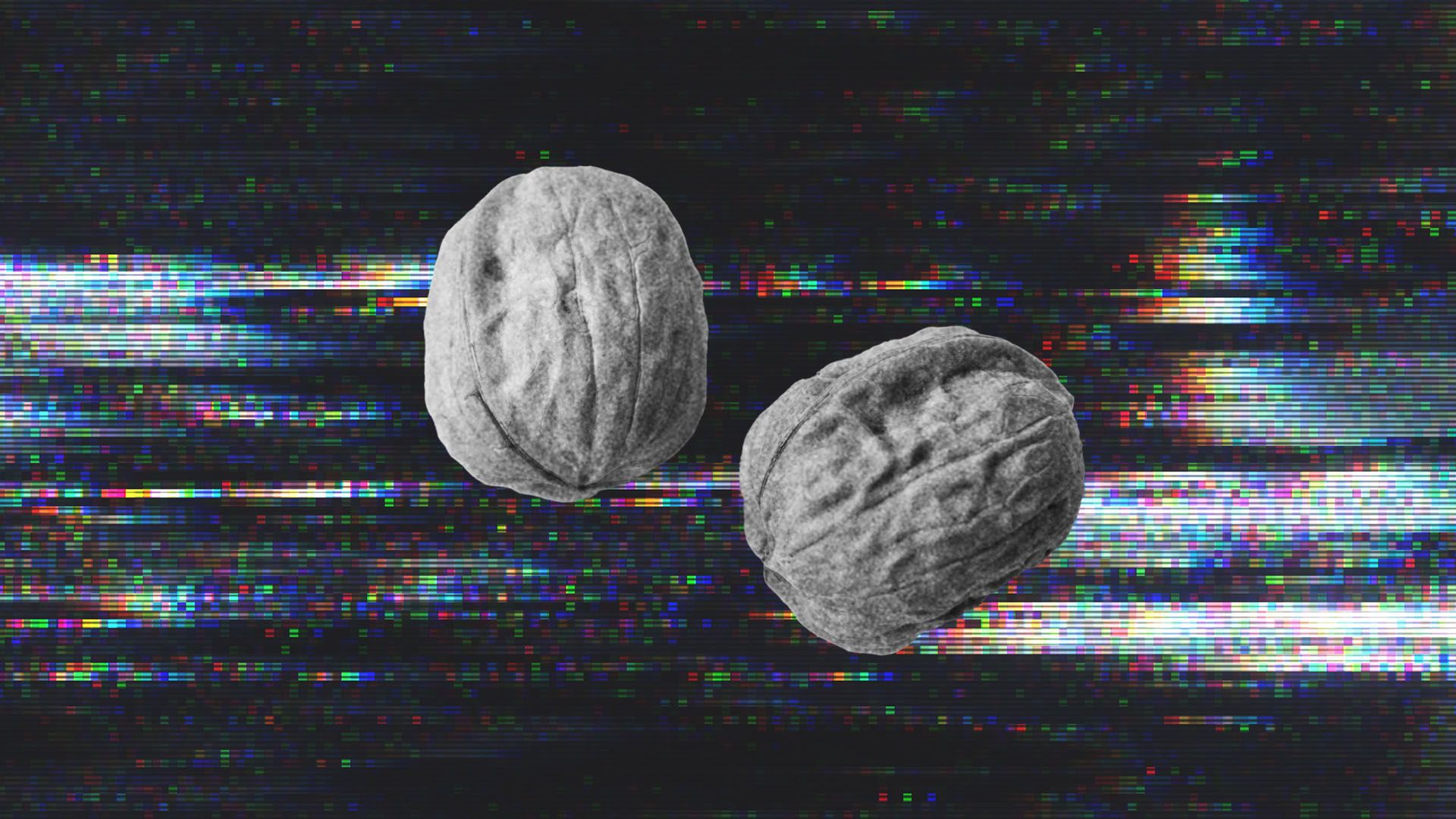

I found a lump on my testicle. What do I do?
There’s a helluva lot going on in your nuts. They produce sperm which propagates the human species. They secrete testosterone which regulates things like sex drive and bone density. And as anyone who’s ever been kicked in the nuts knows, they’re next to a concentration of nerves.
So yeah, your nuts are important. That’s why you need to regularly check in down there for signs that your equipment is functioning properly.
Making sure everything’s in order
One of the best ways to do this is to do a testicular self-exam. Think of it as an early warning radar system that catches anything unusual and lets you know what’s normal.
Doing a testicular cancer self-exam is easy. All you need is a warm shower (to loosen things up) and a minute on your own. Simply roll one nut between your thumb and forefinger to check for any pain, swelling or unusual lumps. Then, do the same with the other nut.
Keep in mind that your nuts will sometimes feel a little bit different. Like many other parts of your body, they might throb or feel tender once in a while. Occasional sensations like that are normal, and it’s why Movember recommends doing a testicular self-examination once or twice a month. Regular checks will help you zero in on anything out of the ordinary.
So what should you look for? Since we’re talking about testicular cancer, major symptoms to look out for include a painful or perhaps pea sized lump on a testicle (or both), unusual swelling, or a ‘heavy’ feeling in your scrotum (your nut sack). Other signs include a dull pain or throbbing in your groin or unexpected back pain.
" Your nuts are important. That’s why you need to regularly check in down there for signs that your equipment is functioning properly. "
I found a lump on my testicle. What should I do?
Make an appointment with your doctor right away. Your doc is a professional who does this stuff all day. They’ve seen it all before, so don’t feel shy or weird about it – tell them exactly what’s going on.
The doc will probably do an examination. They may then send you on your way and tell you not to worry (which is excellent), or they’ll recommend some tests, usually an ultrasound and blood or urine tests.
What if I’m diagnosed with testicular cancer?
Your doctor will explain what's next if your test results point to a testicular cancer diagnosis. Understandably, hearing that news could feel surreal and it’s normal to experience all kinds of emotions.
Remember, though, that you’re not alone on this journey. The medical professionals have the tools and know-how to help you. Movember also has plenty of resources to guide your next steps and connect you to our testicular cancer community.
One of the first medical professionals you’ll see is the urologist. They’re a specialist in all the organs that can be affected by testicular cancer, and they’ll likely direct you to more tests and examinations before you get an in-depth diagnosis.
How is testicular cancer treated?
Testicular cancer is highly treatable. With treatment, the testicular cancer survival rate is better than 95%.
Actual testicular cancer treatment usually involves a surgical procedure called an orchiectomy. It’s a widely used and effective treatment whereby one or both testes are removed. It’s done under general anaesthetic and takes about an hour.
Your doctor will also advise what tests are necessary to determine if the cancer has spread. If it has, additional treatments may be required.
What about recovery and life after testicular cancer surgery?
We're not going to lie – surgery isn't exactly fun. And when an orchiectomy is involved, the decision to operate usually comes around fast.
Testicular cancer treatment recovery time varies from person to person. However, bruising and some post-surgery pain is normal – but let your doctor know if it’s really intense.
Your doctor will also talk about any expected side effects if a testicular cancer diagnosis called for additional treatments like chemotherapy.
Can you have kids after testicular cancer?
One topic that often comes up after a testicular cancer diagnosis is that of having kids. In most cases, that answer is almost certainly yes (but keep in mind, this also depends on how fertile you were before testicular cancer treatment). Removing a single testicle is unlikely to affect your fertility, but just in case, sperm banking is recommended to ensure you've got something stored away. Removing both testicles will affect your fertility, so you’ll also want to learn about sperm banking and what your options are beforehand. Again, these are discussions to have with your doctor and probably a fertility specialist.
For some, losing one or both nuts can leave them feeling depressed or embarrassed. This is understandable – as we said, a diagnosis of testicular cancer often comes as a shock – so make a point of talking it out with a spouse, partner, friend, counsellor or testicular cancer support group.
More testicular cancer support
As mentioned, Movember has loads of resources to support you on this journey.
If you’ve got questions, Movember can help you get in touch with a testicular cancer guide. A guide is a guy who’s been in your shoes. They’ve had testicular cancer and they're trained to talk and listen. The guide is not a doctor and they won’t give medical advice, but they're someone who has 'been there' and will offer full support.
Movember’s Nuts & Bolts (home to many of the links you’ve already seen) is a comprehensive collection of resources to help you tackle testicular cancer. In particular, check out the section featuring community questions about testicular cancer. And while you’re at it, why not check back on movember.com for more stories and updates.
Testicular cancer is a challenging journey – but remember, it's not one you need to do on your own.